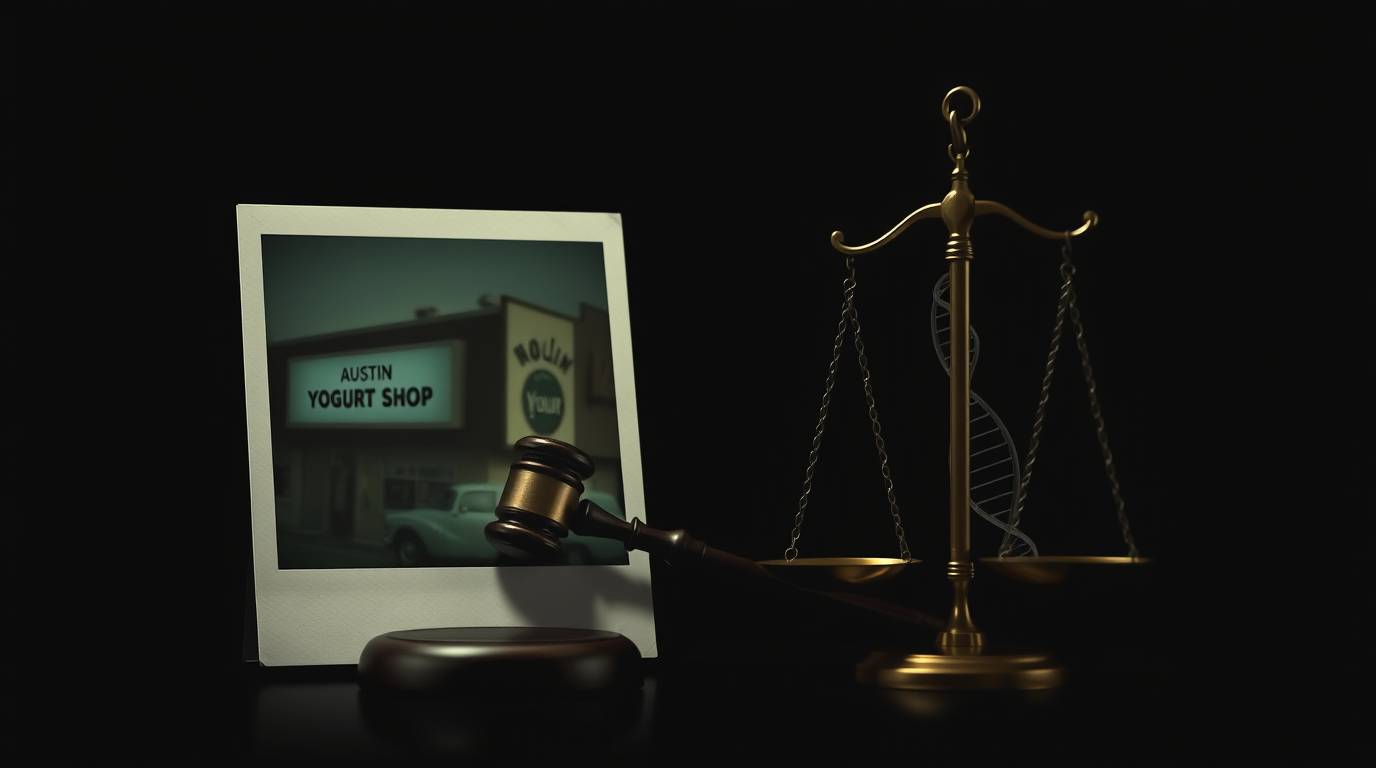Colorado School Shooting: Community Responds to Tragedy
A wave of shock and grief has swept through a Denver-area community after a violent incident disrupted the third week of the school year. Reports of a Colorado school shooting at a local high school sent students and staff into lockdown, terrified parents rushing to the scene, and a community grappling with a nightmare become reality. Consequently, this event forces us all to confront the persistent issue of school safety head-on.
This article provides a clear timeline of the event, outlines the community and official response, and, most importantly, shares critical resources for those affected. Ultimately, our goal is to inform and support.
Timeline of the Denver-Area High School Incident
Authorities responded swiftly to reports of an active shooter. Here is a breakdown of the key events as they unfolded.
The Initial Lockdown and Police Response
First, school administrators initiated a full lockdown protocol after receiving reports of gunfire within the building. Immediately, law enforcement agencies from multiple jurisdictions converged on the school. Consequently, they secured the perimeter and began methodical room-to-room searches to locate the threat and ensure student safety.
Securing the Scene and Accounting for Students
Meanwhile, frantic parents began gathering at a designated reunification site. For hours, they awaited news of their children’s safety. Thankfully, police and school officials eventually confirmed the situation was contained. They then began the meticulous process of student reunification with families.
Community Response and Emotional Impact
The emotional toll of this Colorado school shooting is immense and will undoubtedly linger. The community, once focused on fall sports and academics, is now united in trauma.
Immediate Outpouring of Support
In the aftermath, the community has shown incredible strength. For instance, local mental health professionals immediately set up crisis counseling centers. Additionally, nearby businesses donated food and water to first responders and waiting families. This rapid mobilization of support highlights the community’s resilience.
Long-Term Psychological Effects
However, the psychological impact on students, staff, and families is profound. Experiencing a traumatic event like a school shooting can lead to anxiety, depression, and post-traumatic stress disorder (PTSD). Therefore, accessing ongoing support is crucial for long-term healing.
Official Statements and Ongoing Investigation
Law enforcement leaders and school district officials have held press conferences to address public concerns. Their statements have focused on transparency and compassion.
Law Enforcement Briefings
The local police department confirmed they have a suspect in custody. Importantly, they stated there is no ongoing threat to the public. The investigation into the motive and circumstances surrounding the incident remains active. They are interviewing numerous witnesses and reviewing security footage.
School District Communications
Similarly, the school district superintendent released a heartfelt statement. It expressed condolences to those affected and praised the bravery of students and staff. The district has also announced that all classes are canceled for the rest of the week. They are prioritizing mental health support for everyone involved.
Critical Resources for Trauma and Support
If you or someone you know is struggling, please reach out. Help is available. Here are essential resources dedicated to crisis response and mental health.
Immediate Crisis Help
- Crisis Text Line: Text HOME to 741741 from anywhere in the USA, anytime.
- National Suicide & Crisis Lifeline: Call or text 988 for free, confidential support.
- SAMHSA’s Disaster Distress Helpline: Call 1-800-985-5990 for 24/7, 365-day-a-year crisis counseling.
Local Colorado Support Services
Furthermore, the Colorado Department of Human Services offers specific programs for trauma and grief. For example, their crisis services can direct you to local providers.
| Resource | Contact Method | Service Provided |
| Colorado Crisis Services | Call 1-844-493-TALK (8255) | Free, confidential, 24/7 professional support |
| Safe2Tell Colorado | Anonymously report concerns: 1-877-542-7233 | Anonymous way to report any school safety concerns |
| Local School District Hotline | Check district website | Dedicated line for affected families and staff |
How to Talk to Children About School Violence
Discussing such a terrifying event with a child is incredibly difficult. Here are three key steps to guide the conversation.
- Create a Safe Space for Conversation. First, ask open-ended questions to understand what they know and how they feel. Reassure them that their feelings are valid.
- Reaffirm Their Safety. Explain the measures that are in place to protect them, both at school and in the community. Highlight the heroes, like teachers and police officers, who keep them safe.
- Limit Media Exposure. Protect young children from graphic images and repetitive news cycles, which can increase anxiety.
Conclusion: Moving Forward Together
The path to healing from a Colorado school shooting is long and challenging. This Denver-area community now faces the difficult task of recovering from this tragedy. While the investigation continues, the focus must remain on supporting the victims, the students, and each other.
We must come together to prevent future violence. Stay informed, report concerning behavior through proper channels like Safe2Tell, and advocate for mental health resources in our schools. Share this article to ensure those in need can find these critical support resources.
Frequently Asked Questions (FAQs)
1. What high school was involved in the Colorado school shooting?
Out of respect for the victims and the ongoing investigation, we are not naming the specific school until authorities and families have released more information. Major news outlets are providing confirmed details.
2. How can I help the families affected by this tragedy?
Local communities often set up official victim support funds after such events. Monitor the school district’s official website and verified social media channels for trusted information on how to donate.
3. What are the signs of trauma in a teenager after a school shooting?
Look for changes in behavior, such as social withdrawal, irritability, trouble sleeping or eating, declining school performance, or increased anxiety about going to school.
4. Does Colorado have a red flag law?
Yes, Colorado enacted an Extreme Risk Protection Order (ERPO) law. This allows family members or law enforcement to petition a court to temporarily remove firearms from a person deemed a significant risk to themselves or others.
5. How can I report a potential school safety threat anonymously?
Use Safe2Tell Colorado, an anonymous reporting system. You can submit a tip by phone, online, or through their mobile app to help prevent violence before it happens.
👉For more Political news-> Click Here!













